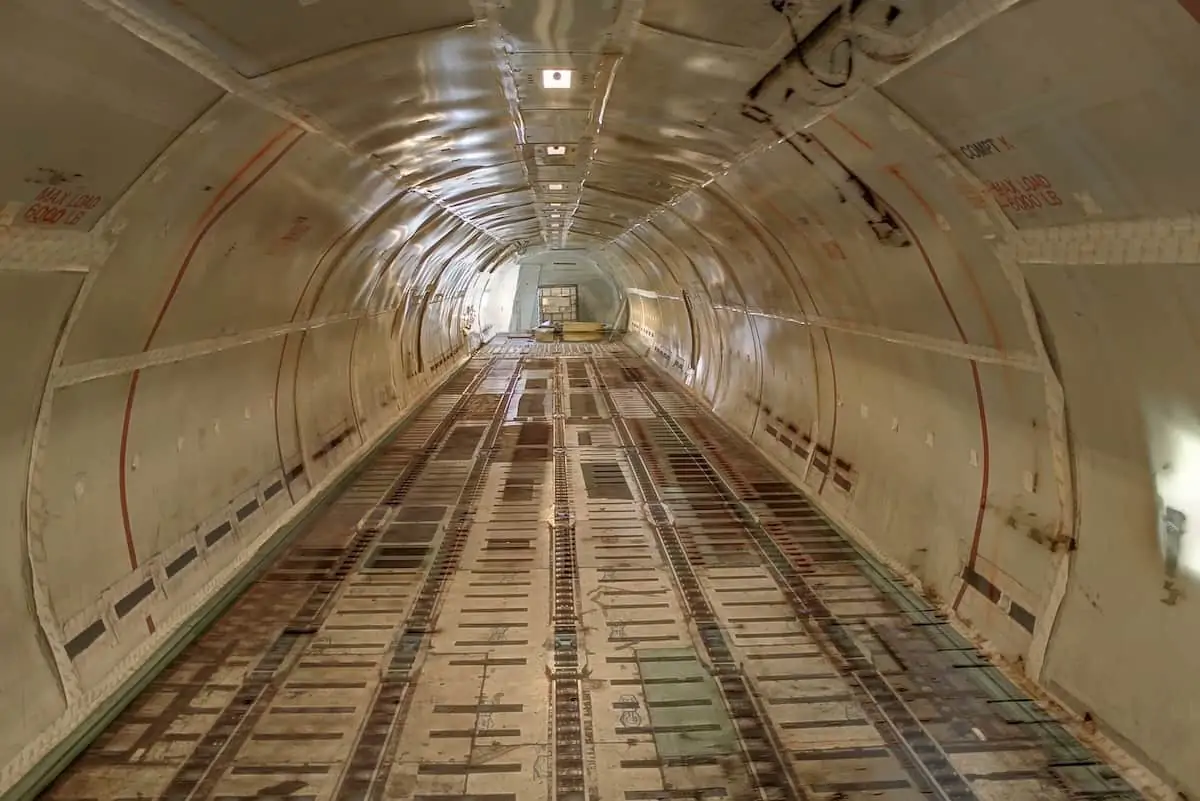The unfolding covid-19 pandemic has impacted global supply chains in myriad ways including in the area of air cargo. In fact one of the most dramatic of these has been a seismic shift in the way that we ship goods by air.
Why does air transport matter?
Air transport plays a critical role in getting goods to cross vast distances in a short space of time, which is essential where the goods in question are perishable, and where the need for them is paramount.
In an unfolding pandemic, demand for certain goods is extremely high. Among the most eye-catching of these is Personal Protective Equipment, or PPE, which is needed by frontline workers, and in particular medical staff, just about everywhere in the world.
Meeting this challenge requires logistical expertise. An example of the good that’s been done comes from a recent collaboration between charter specialist Chapman Freeborn and Agility, whose combined resources and expertise allowed a shipment of CT scanners and MRI machines to be delivered to a quartet of hospitals in the Maldives.
The efforts required to make this happen illustrate the challenges faced by air cargo planes in the current environment – the equipment had to be sourced from a range of countries around the world, and funnelled through Dubai en route to its final destination.
How have airlines adapted?
The pandemic has triggered an unprecedented slump in demand for passenger aircraft. International travel has been brought to a halt, which has dire implications for the air cargo industry. Passenger planes don’t just carry passengers – they also carry a small amount of cargo. With these planes being removed from circulation, the capacity for air cargo globally has declined.
To address this, efforts have been made to convert existing passenger planes into cargo ones. For chapman, Airbus A320s and A321s have been converted, with seats from the passenger deck being removed to make way for added cargo space. The former is capable of transporting 17 tons, while the latter can carry around 24 tons.
Certain planes are more suited to certain sorts of cargo. For example, Boeing’s 787 Dreamliner has the capacity to chill the front cargo compartment down to 4 degrees Celsius, making it perfect for transporting goods which need to be kept at chilled temperatures. This might mean perishable food items like meat, but it might equally mean specialist medical equipment. For other models, sacrifices have had to be made – including the removal of mains power from the cabin.
Given the difficulty of predicting the situation in the first place, it’s worth exercising caution before making concrete predictions about how things will pan out.
With the success of a single flight really making a difference between life and death, it’s never been more important that hauliers be proactive, and that vital supplies continue to move.


Very Informative piece of content shared. If you want to read all the news related to Air cargo you can have a look @ http://bit.ly/36S70s0